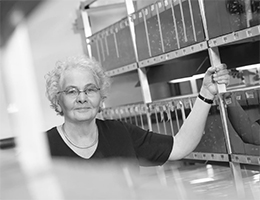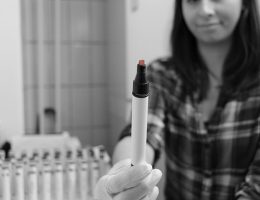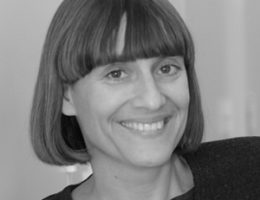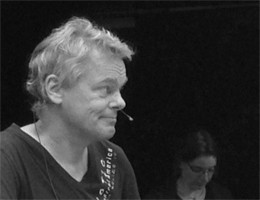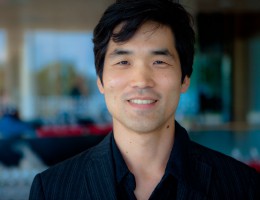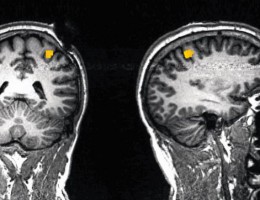Nüsslein-Volhard: “when there’s something that interests me, I tend to dive right in”
Nobel Prize winner Christiane Nüsslein-Volhard unveiled how an organism develops from an egg cell.
At 75, her curiosity is still unabated.> more
“Neuroscience has been stuck”
Sebastian Seungs quest for the connectome
Alzheimer, autism, schizophrenia – the public expects neuroscience to explain these diseases. But brain researchers don´t even understand how neurons in a fly´s brain are activated by a moving stimulus. Sebastian Seung advocates a way out: connectomics.
The brain on sound
Jamie Tyler uses ultrasound to understand the brain
A new non-invasive technique to map and modulate the brain is gaining momentum: low frequency ultrasound. It works surprisingly well on bullfrogs, rats, and rabbits. What about humans?> more
Everybody is unequal
Health inequality: why the poor die earlier
The poor die ten years earlier than the rich. Social status is one of the strongest determinants of health quality – this is universally true. Public health researchers take a look at how inequality is leading to bad health, and what we could do about it.
A reform threatens psychiatric care
How to compensate psychiatric care?
Germany implements a new payment system for in-patient psychiatric care that psychiatrists fear will be detrimental to severely ill patients. > more



